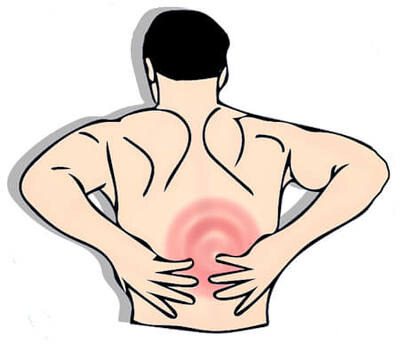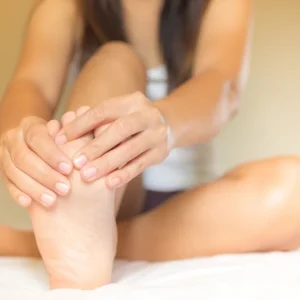What’s at the core?
If you’re not on close terms with your psoas, it’s time to get familiar. This muscle pronounced “so-as” is a key player in your core and comprises the group of muscles called hip flexors. As the only muscle group that connects your spine to your legs, the psoas has a big effect on mobility and posture as well as affect back or knee pain
Psoas imbalances can contribute to back and hip pain because the muscles in these areas get overused to compensate. Imbalances are usually caused by short and tight or weak and overstretched psoas muscles. Activities that compress your hips, such as sitting, excessive running or walking, and excessive sit ups, can shorten your psoas and even lead to weakness. If your psoas muscles are short and tight, you may benefit from stretching and lengthening exercises. If the muscles are weak and overstretched, they may require strengthening movements. Here are a few ways to begin addressing imbalances that affect back or knee pain.
Try the constructive rest position
This neutral position can help release tension in your psoas. Lay on your back with your knees bent and heels on the floor and set your feet hip-width apart at a comfortable distance from your buttocks. Don’t force your back to the floor, but simply rest your hands on your belly and let gravity do the work. Try this rest position for 10 minutes a day.
Support your seat
Sitting for long periods of time can compress and shorten the psoas. To decrease this effect, take regular breaks to get up and move around, and practice good posture. If you’re going on a road trip, consider sitting with a rolled-up towel under your sitting bones, which can release pressure on the psoas.
Get a massage
Here’s permission to treat yourself. Because of where the psoas is located, it can be difficult to stimulate, and a certified massage therapist will know how to access it. Regular massages can help with circulation and may improve function.
Consult a physical therapist
If you’re experiencing pain in the lower back, hips, or knees, imbalanced psoas may be to blame. Our physical therapists at The Human Performance and Wellness Center can recommend appropriate stretching or strengthening exercises depending on what’s right for your body.
Regular Exercise
As always getting a regular workout and staying active will always help with your mobility. Our Hybrid Fitness Center will offer you the ability to be a gym member in a place where you have access to Physical Therapists.
Call us to find out more about how you can become a member of our fitness family.




